A cat, just like a human, needs silence to sleep properly. However, if we are talking about daytime sleep, when all family members are active, the pet may feel uncomfortable.
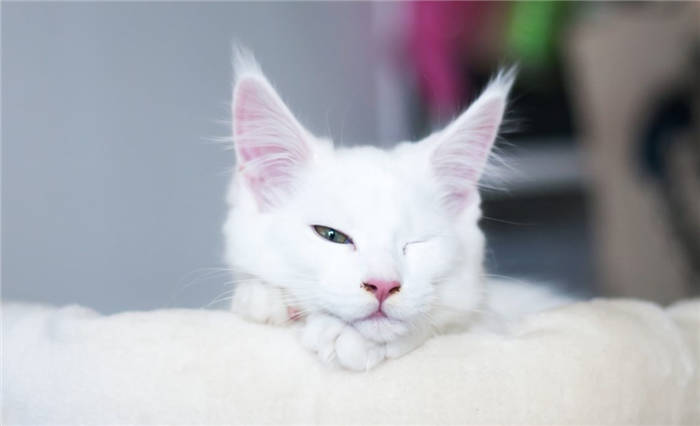
- The cat sleeps with its eyes open
- When to rush to the vet
- Why do cats close their eyes in their sleep?
- Why do cats close their eyes when you pet them?
- Attempting to wake up
- Insomnia in a cat
- Conclusion
- Causes of the phenomenon
- Harmless reasons
- Pathological causes.
- When urgent veterinary care is needed
- The cat sleeps sitting up
- Curled up in a ball.
- When is this behavior characteristic of a pet
- Non-dangerous reasons for sleeping with open eyes
- Shallow sleep
- Disturbed surroundings.
- Dangerous Causes
- Injuries and diseases of the eyes, eyelids, cornea
- Neurological problems
- Why do cats close their eyes during sleep?
- Why do cats close their eyes when you pet them?
The cat sleeps with its eyes open
With the appearance of a cat in the house, the owner begins to closely monitor its health. All experienced breeders know that it is better to worry about the health of the pet for nothing, than to miss a serious illness. It is not uncommon for a situation where a cat sleeps with its eyes open. This phenomenon is not uncommon cause for concern, because the pet, like a person, should sleep with eyelids closed tightly. There are enough reasons for this phenomenon. Some of them are related to diseases, and some – to the individual characteristics of a particular cat.
Sleeping for cats is a basic pastime, and therefore, if there are any deviations from the norm during this period, it is necessary to pay attention to them. A cat may sleep with its eyes open when the following reasons exist:
- Glaucoma . – In this pathology, there is an increase in intraocular pressure, which causes the eyeball to increase in size, and then the eyelid is physically unable to close it.
- Facial nerve palsy – Occurs for a variety of reasons and more often affects only one half of the face, then only one eye is not closed tightly. In addition to the inability to fully close the eyelids, at this time there is salivation, and the animal begins to snore. It is not uncommon for a cat to have difficulty eating and drinking due to an incomplete mouth apparatus.
- Underdevelopment of the muzzle muscles – Occurs in some kittens who are less than 1 year old. In this situation, the phenomenon passes on its own as the pet matures.
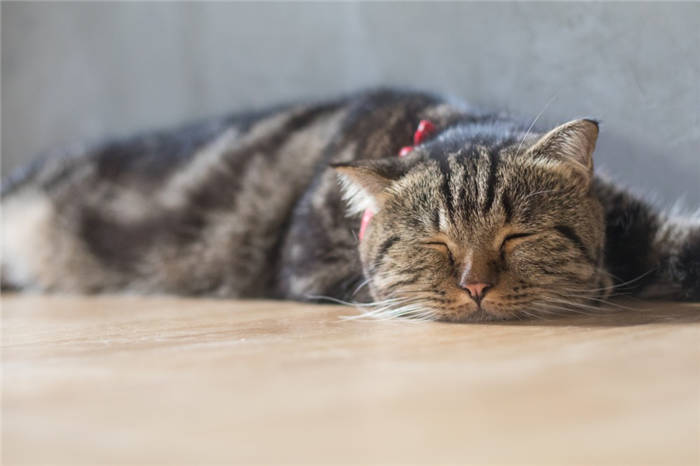
When the case of sleeping with eyes open is a one-time occurrence, there is no need to worry. This can happen simply because the animal has fallen asleep particularly soundly, with complete relaxation of the body, and arranged to lie down so that the head is in a position where the eyelid gathers under its weight and shifts. This is observed mainly in the heat, when cats sleep particularly hard.
When to rush to the vet
Urgent visit to the vet is only necessary if sleeping with the eyes open is combined with symptoms of paralysis and glaucoma. A cloudy eye or discharge of purulent secretion from the eye should also be a cause for concern.
If there are no symptoms for an emergency visit to a specialist, the animal should be observed for at least a week.. If the sleeping disorder persists, a visit to the veterinarian is necessary. The specialist will be able to determine, after examining the cat, why the strange sleep is occurring and whether or not the animal needs to be treated. In most cases there is no treatment at all, when the problem is not related to the disorder and disappears by itself.
Why do cats close their eyes in their sleep?
Cats sleep for about 12-16 hours and fall asleep very quickly. Since they are most active at night, they sleep all day to conserve their energy, which prepares them for night walks and hunting.
The first reason cats close their eyes while sleeping is that it gives them the darkness they need to sleep when it is light during the day. Some cats hide under beds in the dark, but felines who like to be near their owners cover their eyes with their feet.
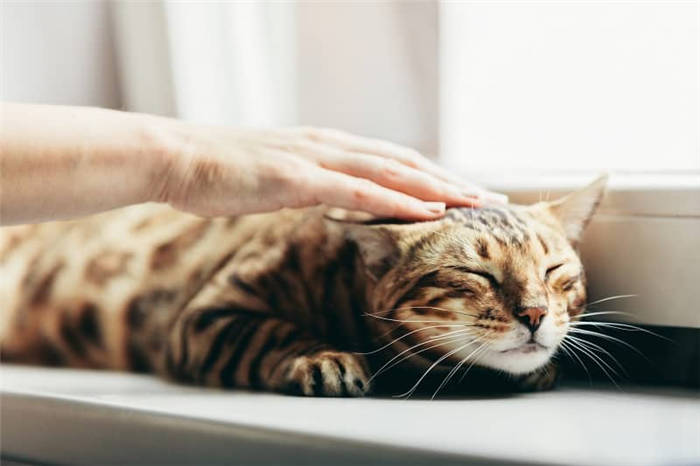
Cats also go through two basic stages of sleep. The first is rapid eye movement (REM). According to the U.S. National Library of Medicine, rapid eye movements are accompanied by loss of muscle tone, muscle twitching, and cortical activity resembling wakefulness.
During this stage of sleep, the cat's brain mirrors its activity when it is awake. This is also the time when cats are most likely to dream. As a result, cats close their eyes during this stage because their muscles are too relaxed to keep them open.
The other stage of sleep is the slow phase of sleep (NREM). This is the cat's deepest stage of sleep, allowing it to recuperate its body after a night of wandering and hunting.
Cats in NREM are vulnerable. In the wild, this is the time when predators are most likely to attack. At home, cats hide in a safe hiding place. Finding shelter allows them to stay safe and sleep without fear.
Why do cats close their eyes when you pet them?
Most cats love to be stroked by their owners. It brings them pleasure and calms them down. Touch is also a means of communication between cats and their owners. Cats are naturally distrustful of animals. People have to earn it. As a result, when cats close their eyes when stroked, it's because they trust you.
Cats prefer to remain vigilant, to keep their eyes open and their instincts sharp. This is so that they can avoid danger. When they close their eyes, they know you are not a risk and mean no harm.
According to Live Science, cats like to feel around the base of their ears, under their chin and around their cheeks. This is where their sensitive facial glands are located. When cats enjoy petting, they close their eyes and show the following signs:
Keep in mind, however, that cats do not always like to be stroked on their belly, back and the base of their tail. Signs of stress from petting include:
- A whistling tail.
- Ears flattened to the sides
- Ears rotating backward
- Skin twitching
- Sudden turning of the head
- Exaggerated blinking
- Nose licking
- Clapping or wiggling of the paw
- Wide eyes and pupils
If you notice any of the above signs, try petting another spot on the cat's body and avoid those sensitive areas.
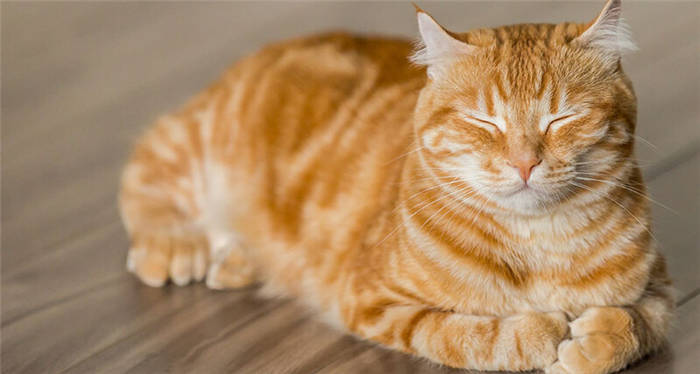
Attempting to wake up
Some cats are not used to waiting, and start waking their owners in the morning, or even at night. There may be many reasons for this: hunger, desire to play, and the cat may just be bored. So the cat sits and looks at the owner while he sleeps, may paw at his face, stomp on us and disturb our sleep and meow. You wake up and see the cat in front of you.
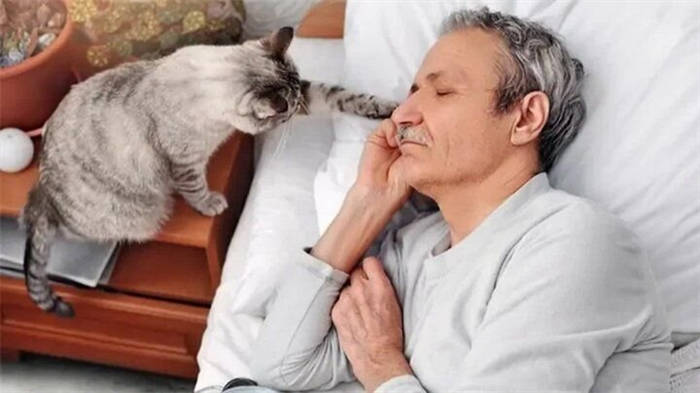
Insomnia in a cat
Many cats like to sleep with their owners in a warm bed. But it so happens that your cat is comfortably settled on the bed with you, but the owner is constantly tossing or snoring, or otherwise interferes with the cat's sleep, that as a result the cat does not sleep well and may lie there with its eyes open, looking at the owner, showing feline discontent.
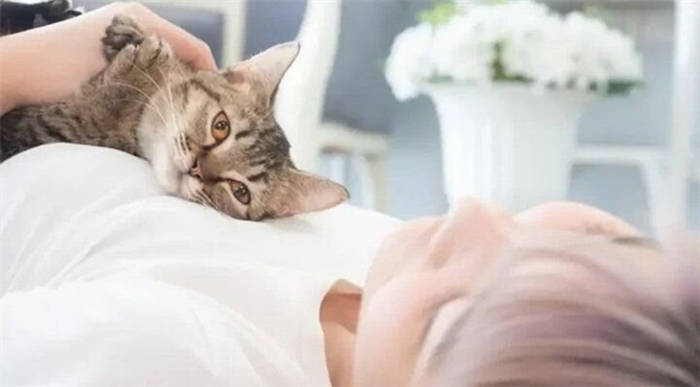
Conclusion
We all know that cats can sleep all day! Their sleep can last a very long time. It can be either a light doze or a deep long nap.
This is because they are nocturnal animals. They are more active at night and before dusk. But they are not lazy! They're just made that way.
One thing is for sure, cats have two sleep phases. In the BDH phase they can wake up instantly, in the deep phase it's exactly the opposite. Most of the time it is the fast phase that they are in.
It is important to learn to distinguish between them – and then you will answer your own question.
Causes of the phenomenon
The reasons for this strange phenomenon are expressed in different manifestations. But can a cat sleep with its eyes open? It is worth immediately making sure that sleeping with eyes open is a normal and adequate phenomenon, only if it is not accompanied by something serious. It's time to figure out which reasons you can do nothing about, and in which to sound the alarm.
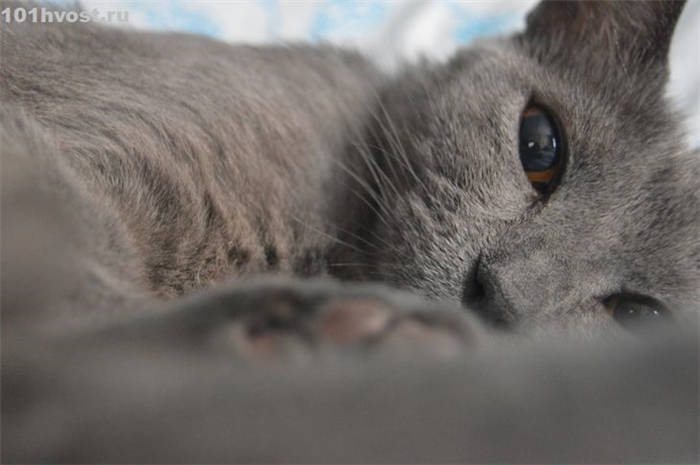
Harmless reasons
Among the various mysteries that the owners of their pets think up, there are the most innocuous reasons. But for some reason no one considers them in the first place.
- Perception of insecurity.
- Control of the environment.
- Fear of an enemy attack.
- Sound and relaxed sleep.
- Improper head position – eyelid opening.
- Drowsiness, at that it is a rest – a mode of saving energy.
At such times, cats simply do not feel calm in the territory, and with their predatory instincts protect themselves. Since they are predators, they react to everything instantly. That's why the cat sleeps with its eyes open, but keeps control around itself. During sleep, twitching is also observed. Twitching during sleep is usually accompanied by poor sleep or nervousness.
It is also associated with normal sleep, in which the cat's body is completely relaxed or the position of the head is in a position where the eyelid is moved back because of its weight.
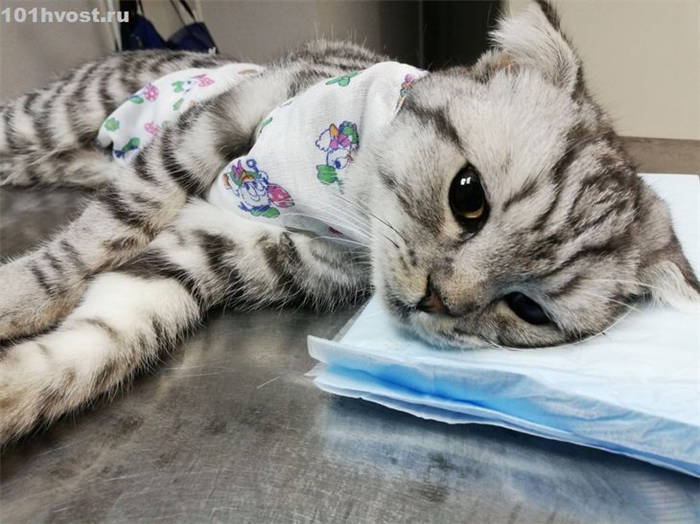
Pathological causes.
But also sleeping with their eyes open can bring many painful problems to cats' lives.
- Dryness of the cornea of the eye. If a cat sleeps very often and for a long time with his eyes open, his eyes will become dry. In this case, it is worth contacting the doctor to prescribe special drops.
- Glaucoma pathology occurs when there is an increase in high pressure inside the eye. The eyelid simply cannot close.
- Facial nerve palsy is a very dangerous disease in which one half of the muzzle is paralyzed. In this case, at least one eye is closed. In this case, other symptoms are often expressed: increased salivation, snoring. With paralysis, it is very difficult to work quietly with the jaw, so there may be difficulties with the intake of food.
- Underdevelopment occurs in kittens who have not yet had their muzzle fully formed or the kitten's muzzle has stopped in development.
- Nervousness. If there is increased nervousness, the cat will begin to sleep with his eyes open due to anxiety.
When urgent veterinary care is needed
Urgent veterinary care is needed if the kitty shows symptoms of glaucoma or paralysis.
If these symptoms do not occur, monitor the cat for five days. If sleep and symptoms remain unchanged, you need to see a doctor right away.
Also, take a closer look at the eye, there may be a purulent discharge or clouding.
The veterinarian will competently assess the problem and make the right treatment.
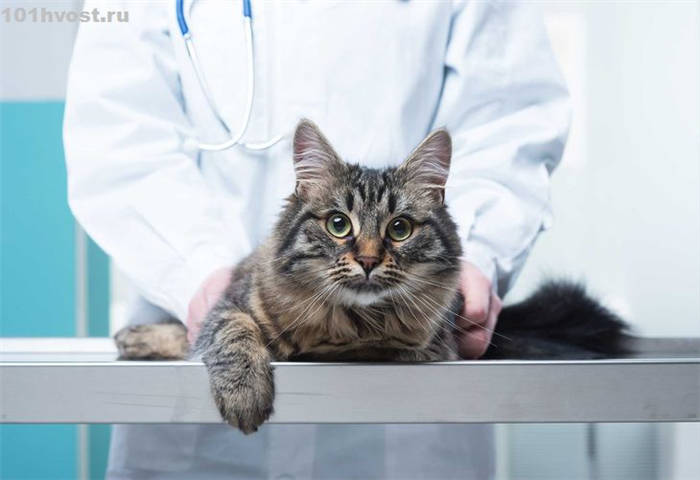
The cat sleeps sitting up
At such times, the pet sits with its eyes closed and its tail wrapped around its paws. If you look closely, you can notice that the cat is not sleeping – it is dozing, and this gives it the opportunity to react to danger in time. Pay attention to the ears, they reflect the mood of the cat. If its ears are turned back, it means that some sound attracted its attention or caused irritation. These animals use as many as 32 muscles to move their ears.
Cats nap for 15 to 30 minutes at a time and assume a sitting position to escape if circumstances demand it.
Curled up in a ball.
Cats love comfort and warmth – during the hot months owners rarely notice their pets in this position. In the wild, cats curl up into a ball and wrap their tails around each other to keep their bodies warm. In pets, this habit persists. This posture also helps to combat feelings of anxiety and protect the internal organs.
Have you noticed that sometimes the cat seems to be sleeping, but one or both of its eyes are partially open? At this point, the animal is not asleep; it is a way of passing the time and resting, while observing its surroundings.
Despite the fact that this "sleep" is very shallow, the cat can stay in this position for hours, which often seems strange.
When is this behavior characteristic of a pet
Not everyone knows that in the natural environment cats can rarely afford to fully "switch off" because they are on guard.
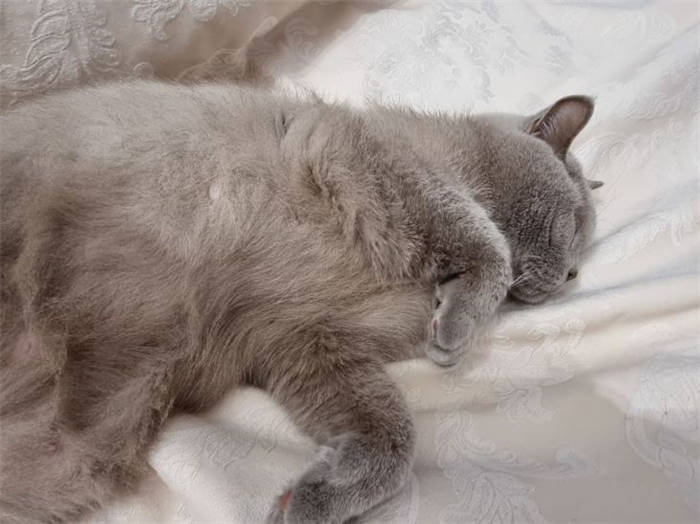
A potential enemy can appear and attack just at the moment of sleep. If eyes will be open, it is possible to notice the enemy in time and take necessary measures, experts say.
Non-dangerous reasons for sleeping with open eyes
If the animal is in good health and the natural color of the squirrel open to view, there should be no reason to worry. Occasional cases of such strange sleep are completely normal.
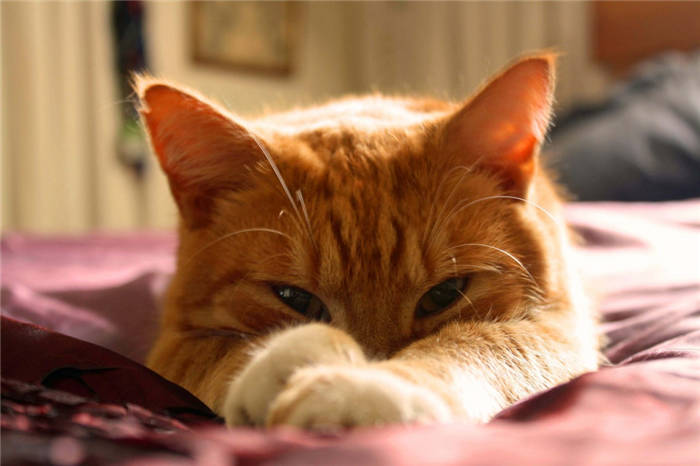
Shallow sleep
Sleep phases are divided into superficial (fast) and deep (slow). The majority of dreams are in the first phase. This phase is characterized by a sharp drop in muscle tone and periodic rapid movement of the eyeballs.
Most feline dreams are associated with chases and various stressful situations. Because of this, whiskered pets actively shuffle their paws and make funny noises.
Dreams are also dreamed during the deep phase, in its 4th stage. It differs from the superficial phase in the speed of the awakened person's reaction. The cat, disturbed in this phase, slowly opens its eyelids and stretches sweetly, hardly aware of where it is. This makes her vulnerable. For this reason, whiskered pets spend most of their time in a half-sleep, allowing them to respond to any threat without hesitation.
Thus, amusing wiggling of paws and wiggling of eyeballs are characteristic of both phases in the presence of a dream. You can determine which one your pet is in right now by touching it. A questioning and slightly perturbed purr is a sign of a superficial one, and no reaction or a smooth awakening is a sign of a deep one.
Disturbed surroundings.
An animal surrounded by various stimuli cannot feel completely safe. A noisy party, children's screams, the work of a perforator and other loud noises awaken the instinct of self-preservation.
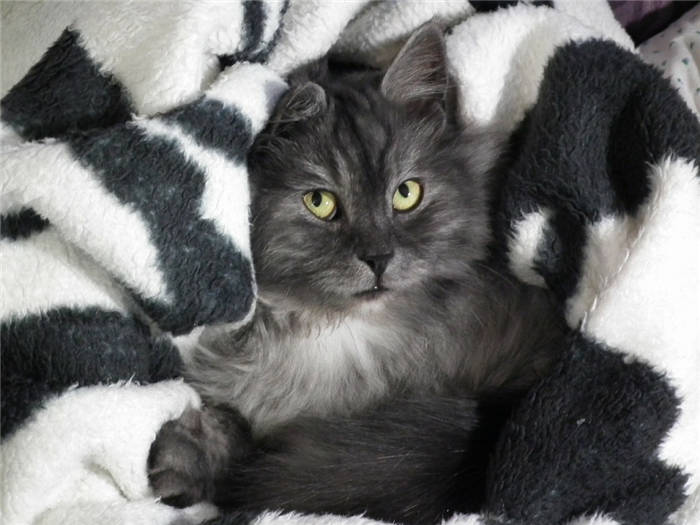
A tense cat will lie in a "bunny pose" with its eyes ajar and watch closely the situation around it. Also her ears will be on the alert, periodically turning toward the source of the noise. At the extreme degree of irritation, nervous twitching of the tail tip is possible.
Dangerous Causes
In addition to natural causes, there are dangerous ones. They can be identified by accompanying symptoms.
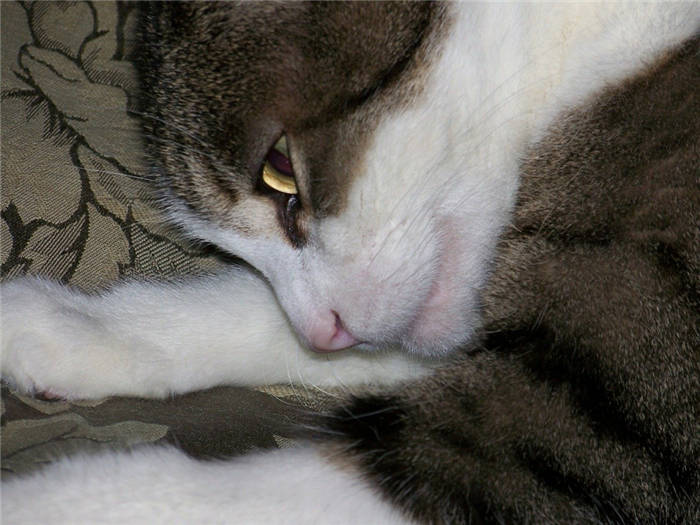
Injuries and diseases of the eyes, eyelids, cornea
Complete closure is prevented by injuries and various eye diseases. These include.:
- Injuries. Most often, pets get them in fights with other animals. The risk group includes those who walk outside. Closing the injured eyelid is painful, so the animal tries to keep it open.
- Glaucoma. Develops when the intraocular pressure rises. The main signs include an enlarged pupil, greenish white eyeshadow, and reddening of the mucosa. Here, the eyelid cannot be closed because the eyeball is too swollen.
- Dry keratoconjunctivitis.. Occurs with insufficient secretion of lacrimal fluid. It is accompanied by frequent blinking, squinting in the light, thick yellow discharge, as well as redness and inflammation of the mucous membranes.
- Foreign object.. Sand grains, grass, or glass can damage the mucosa. All of these objects are dangerous for getting an infection.
- Lagophthalmus. Involuntary drooping of the upper eyelid causes the eye slit to narrow, making it difficult to fully open and close the affected eye.
Despite some differences in symptomatology, identifying the presence of the problem is quite easy. The main signs of ophthalmic diseases include:
If the condition worsens, the animal loses habitual activity, begins to refuse to eat and drinks a lot. If the existing disease is complicated by a secondary infection, fever is added to the symptoms.
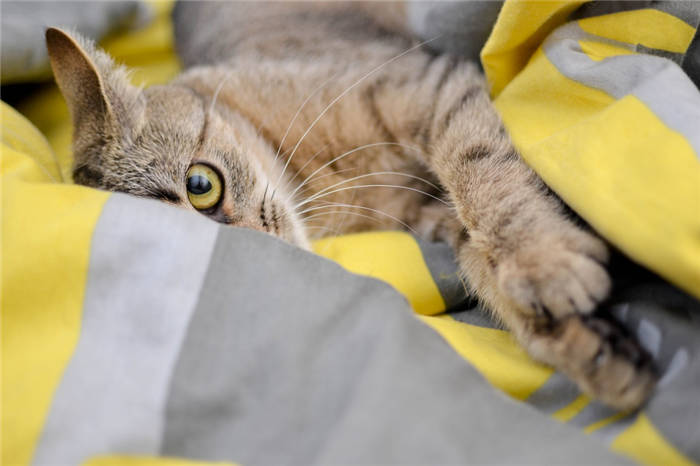
Neurological problems
Among the neurological problems related to the eyes, only three are diagnosed in cats. They include:
Why do cats close their eyes during sleep?
Cats sleep 12 to 16 hours and fall asleep very quickly. Because they are most active at night, they sleep during the day to conserve their energy, which prepares them for nighttime prowling and hunting.
Cats close their eyes while sleeping because it provides them with the darkness they need to sleep when it's light during the day. Some cats hide under beds to find dark conditions, but cats who like to be near their owners cover their eyes with their paws.
Cats also go through two basic stages of sleep. The first is rapid eye movement (REM). According to the U.S. National Library of Medicine, rapid eye movements are accompanied by loss of muscle tone, muscle twitching, and wakefulness-like cortical activity.
During this stage of sleep, the cat's brain reflects its activity in the awake state. However, it is during this time that cats are most likely to dream. This is why cats close their eyes during this stage, as their muscles are too relaxed to keep them open.
The other stage of sleep is unrestorative sleep (NREM). This is the cat's deepest stage of sleep, allowing it to recover and rebuild its body after wandering and hunting at night.
Cats in NREM are vulnerable. In the wild, this is the time when predators are most likely to attack. At home, cats take shelter in a safe hiding place away from home. Finding shelter allows them to stay safe and sleep without fear.
Why do cats close their eyes when you pet them?
Most cats like to be stroked by their owners. It gives them pleasure and soothes them. Touching also brings cats and their owners closer together. Cats are not naturally trusting animals. Humans have to earn it. As a result, when cats close their eyes when stroked, it is because they trust you.
Cats prefer to remain in a heightened state of alertness, keeping their eyes open and their instincts sharp. This is necessary so that they can run away from danger. When they close their eyes, they understand that you are not a danger and do not wish them harm.






